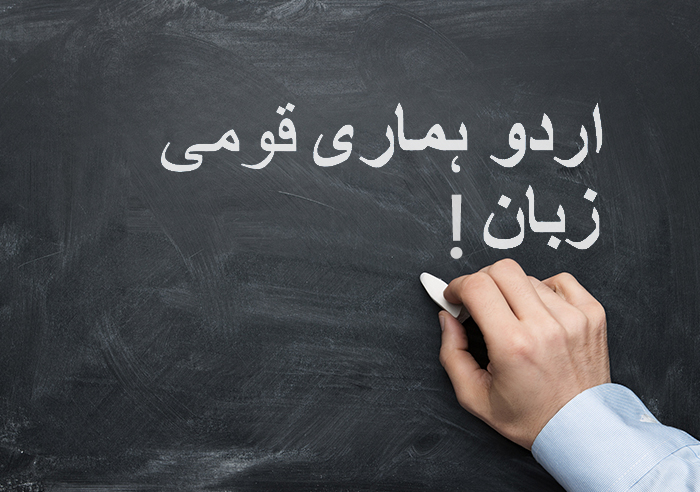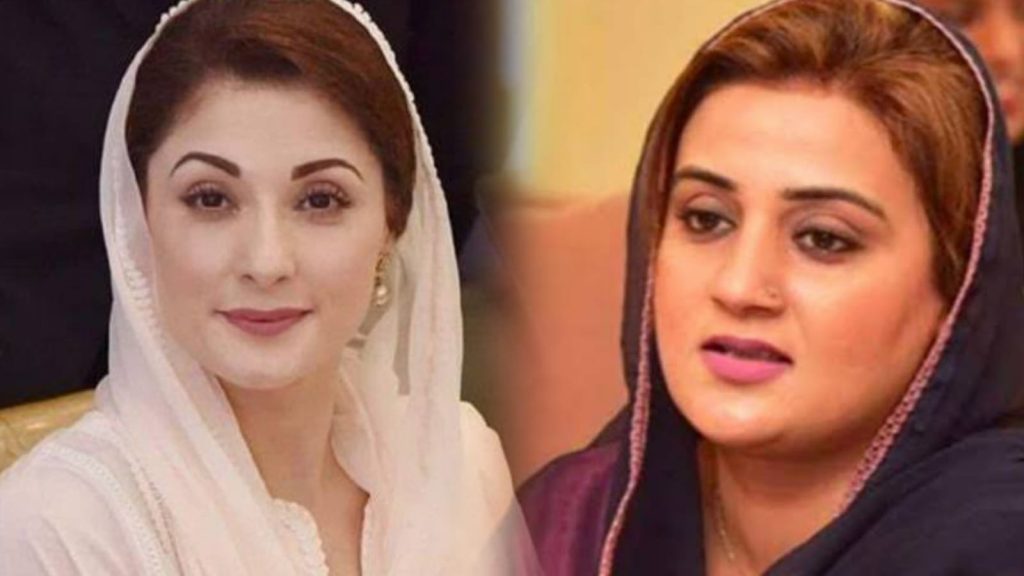Disclaimer*: The articles shared under 'Your Voice' section are sent to us by contributors and we neither confirm nor deny the authenticity of any facts stated below. Parhlo will not be liable for any false, inaccurate, inappropriate or incomplete information presented on the website. Read our disclaimer.
Since my childhood, I’ve been told that you should always know how to speak and write good Urdu and this was particularly because of having a background from Aligarh, India. My parents always focused on me remembering what defines the culture of a Pakistani and that mainly included one’s skills in his national language.
I never thought my parents were wrong from the first day but it’s just that the series of questions they always asked me. Every time my results came the first thing my mom would look at was my marks in Urdu.
Scoring fewer marks than her expectations would always end her up saying “Why can’t you just focus on Urdu?Why can’t you correct your grammar and writing skills? Why aren’t you good in your national language when having it in your genes?”
What my mom said didn’t hurt me at all but what hurt me was not finding the right answers to her questions. Years passed by and the same old phase carried on questions, questions, and no answers. Then after some time of thinking and doing some research I found the right answers.



Source: PotDrum
For a solution, it’s always necessary to attack the problem and not the person. I did that and came out with an ideology that gave me inner satisfaction. Starting with why couldn’t I write Urdu the way my mom wanted and why not speak the way she wanted? Speaking about the time duration in my school was like 8 hours and in that, I had 6 subjects on daily basis.
All three sciences were then being taught in English, Islamic studies in English, Pakistan studies in English as well and English itself was one subject. So more than 90% percent of the time in school I was being told to write and read whatever there is in English and only 10% of the time in urdu.90% you see 90%! then how can I come up to my moms expectations in Urdu if I only Practice it 10% of the time on a daily basis?



Source: creative ink
Was it my fault? And talking about having something in your genes well there’s nothing as a born artist or anything, it’s the hard work that pays off and 10% was way less to be called as hard work. So this was only one of the many issues that existed.
What about the social pressure I was into? My friends were speaking in English, my teachers then speaking and asking questions in English, so what more was there to be done than following a path that I was showed.



Source: creative ink
In a society where your literacy skills are being tested, by the way you speak English, I did nothing but to secure myself in the society and well, who doesn’t like to be called well-educated by just speaking good English.
If we look at all our universities combined, there’s English everywhere and if someone doesn’t know it, he or she has to learn it first. So it means to get an education first you have to learn the language that’s other than your national language. Does this give you a sense of studying in your homeland?
Well, we always wonder why as a nation we aren’t that united. Do we not know about the barriers that are causing it? Is a language other than the language of our country not causing a barrier? What if I tell you the literacy rate in Ghana is 80% and people speaking English is only one-third of the population?



Source: Easy Track Ghana
Why is it that when we go to countries like Germany, Italy or France they tell us to learn their language or you’ll face difficulties communicating? Do we say the same thing to a person who enters our country? No, because we ourselves are not speaking it on a formal basis.
We are happier to do what others are comfortable with because we want to be them. Are we as a nation forgetting the value of khudhi? We don’t speak Urdu because we say English will represent us in the best way, then read this statement by our Quaid and I quote:
“There’s no doubt that Urdu will be the national language of Pakistan and people resisting it will be its enemies”
Quaid-e-Azam used to speak little Urdu but by then he knew the importance of it. A person is known by the culture he follows so is Urdu not in our culture? and if it is then why do we feel shame in speaking it? Is Urdu just better for identifying or unifying us? Why not learn many languages but to speak in what you’re born with?
You no longer have to tell your Prime minister to speak Urdu in UN, let’s tell everyone what our culture really is. Together we can break the language barrier and start giving respect to Urdu the way it deserves, after all, we are Pakistani’s and we always will be.















